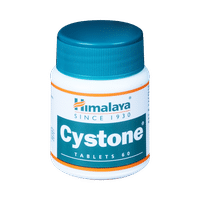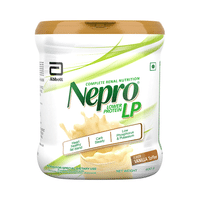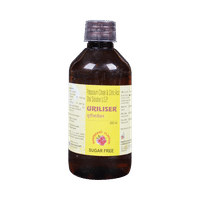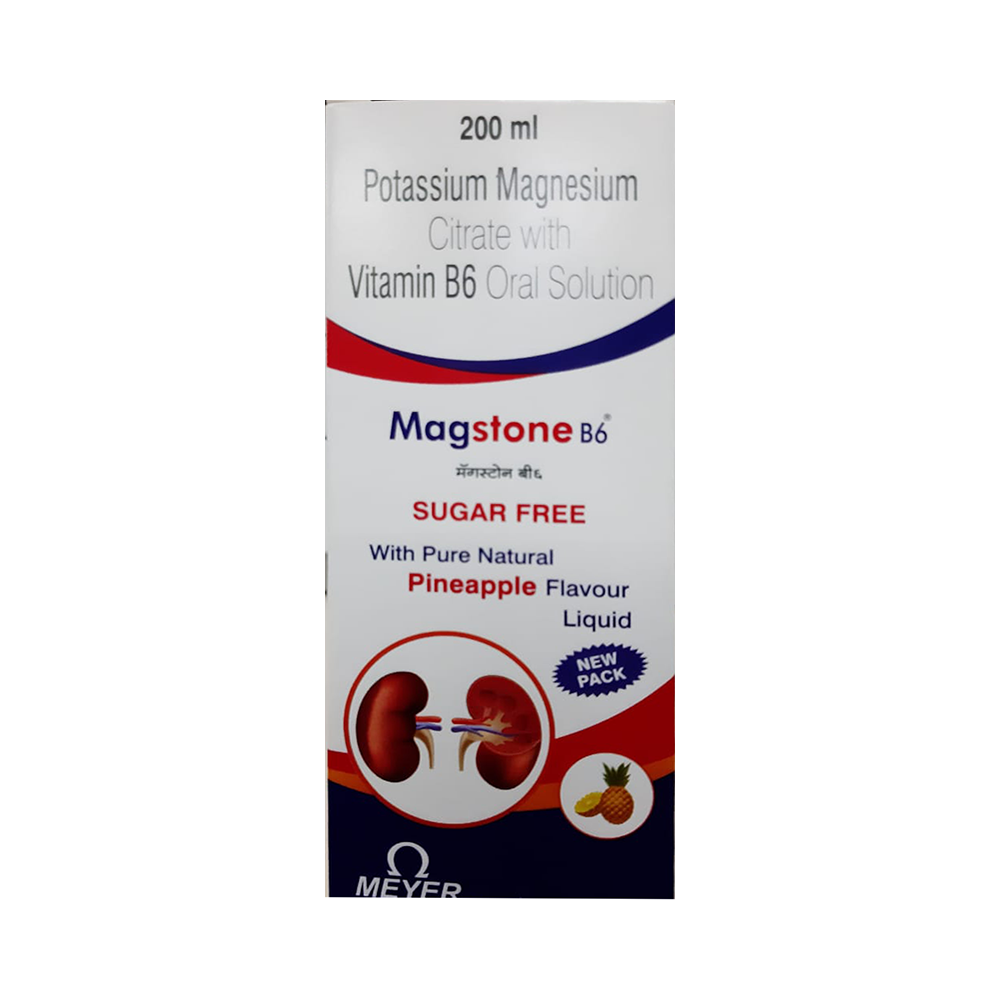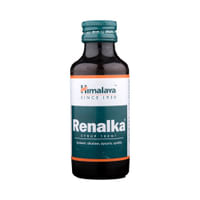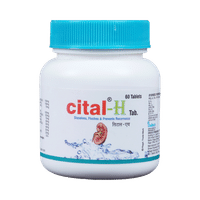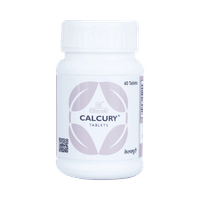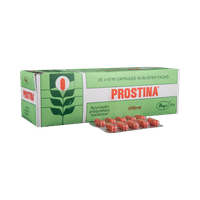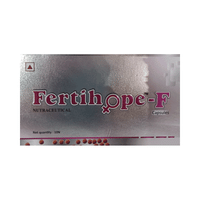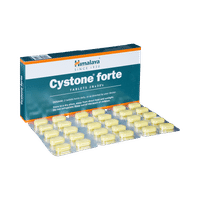Neorecarmon 4000IU Injection

Rs.1146for 1 vial(s) (1 Injection each)
food interaction for Neorecarmon Injection
alcohol interaction for Neorecarmon Injection
pregnancy interaction for Neorecarmon Injection
lactation interaction for Neorecarmon Injection
food
alcohol
pregnancy
lactation
No interaction found/established
It is not known whether it is safe to consume alcohol with Neorecarmon 4000IU Injection. Please consult your doctor.
CONSULT YOUR DOCTOR
Neorecarmon 4000IU Injection may be unsafe to use during pregnancy. Although there are limited studies in humans, animal studies have shown harmful effects on the developing baby. Your doctor will weigh the benefits and any potential risks before prescribing it to you. Please consult your doctor.
CONSULT YOUR DOCTOR
Neorecarmon 4000IU Injection should be used with caution during breastfeeding. Breastfeeding should be held until the treatment of the mother is completed and the drug is eliminated from her body.
CAUTION
SALT INFORMATION FOR Neorecarmon 4000IU Injection
Methoxy polyethylene glycol-epoetin beta(4000IU)
Neorecarmon injection uses
{med_name} is used in the treatment of anemia due to chronic kidney disease.
How neorecarmon injection works
Neorecarmon 4000IU Injection works by sending signals to the bone marrow to increase the production of red blood cells. This way it helps in treating anemia in patients who have chronic kidney disease.
Common side effects of neorecarmon injection
Headache, Diarrhea, Body ache, Vomiting
SUBSTITUTES FOR Neorecarmon Injection
1 Substitutes
1 Substitutes
Sorted By
 Rs. 275save 77% more per Injection
Rs. 275save 77% more per Injection
Expert advice FOR Neorecarmon Injection
- Methoxy polyethylene glycol-epoetin beta helps in the treatment of anemia that may have occurred due to chronic kidney disease or cancer chemotherapy.
- It is given as a single injection under your skin.
- Your doctor may get your blood tests done regularly to monitor the levels of hemoglobin, blood cells and electrolytes such as potassium in your blood.
- Monitor your blood pressure regularly while taking this medication. Inform your doctor if you notice symptoms of very high blood pressure such as severe headache, problems with your eyesight, nausea, vomiting or fits (seizures).
- Stop taking Methoxy polyethylene glycol-epoetin beta and inform your doctor if you develop shortness of breath or skin rash.
- It is given as a single injection under your skin.
- Monitor your blood pressure regularly while taking this medication. Inform your doctor if you notice symptoms of very high blood pressure such as severe headache, problems with your eyesight, nausea, vomiting, or fits (seizures).
- Your doctor may get your blood tests done regularly to monitor the levels of hemoglobin, blood cells, and electrolytes such as potassium in your blood.
- Some of the serious side-effects of this medicine are diarrhea, nasopharyngitis (a common viral infection of the nose and throat), shortness of breath, and severe headache.
- Inform your doctor if you had a heart attack or stroke in the month before your treatment, if you have new or increasing chest pain, or if you are at risk of blood clots in the veins.
- Seek medical help immediately if you develop a rash, ulcers of mouth, throat, nose, genitals, and eyes (red and swollen eyes) preceded by fever and/or flu-like symptoms.
- Methoxy polyethylene glycol-epoetin beta helps in the treatment of anemia that may have occurred due to chronic kidney disease or cancer chemotherapy.
- It is given as a single injection under your skin.
- Your doctor may get your blood tests done regularly to monitor the levels of hemoglobin, blood cells and electrolytes such as potassium in your blood.
- Monitor your blood pressure regularly while taking this medication. Inform your doctor if you notice symptoms of very high blood pressure such as severe headache, problems with your eyesight, nausea, vomiting or fits (seizures).
- Stop taking Methoxy polyethylene glycol-epoetin beta and inform your doctor if you develop shortness of breath or skin rash.













